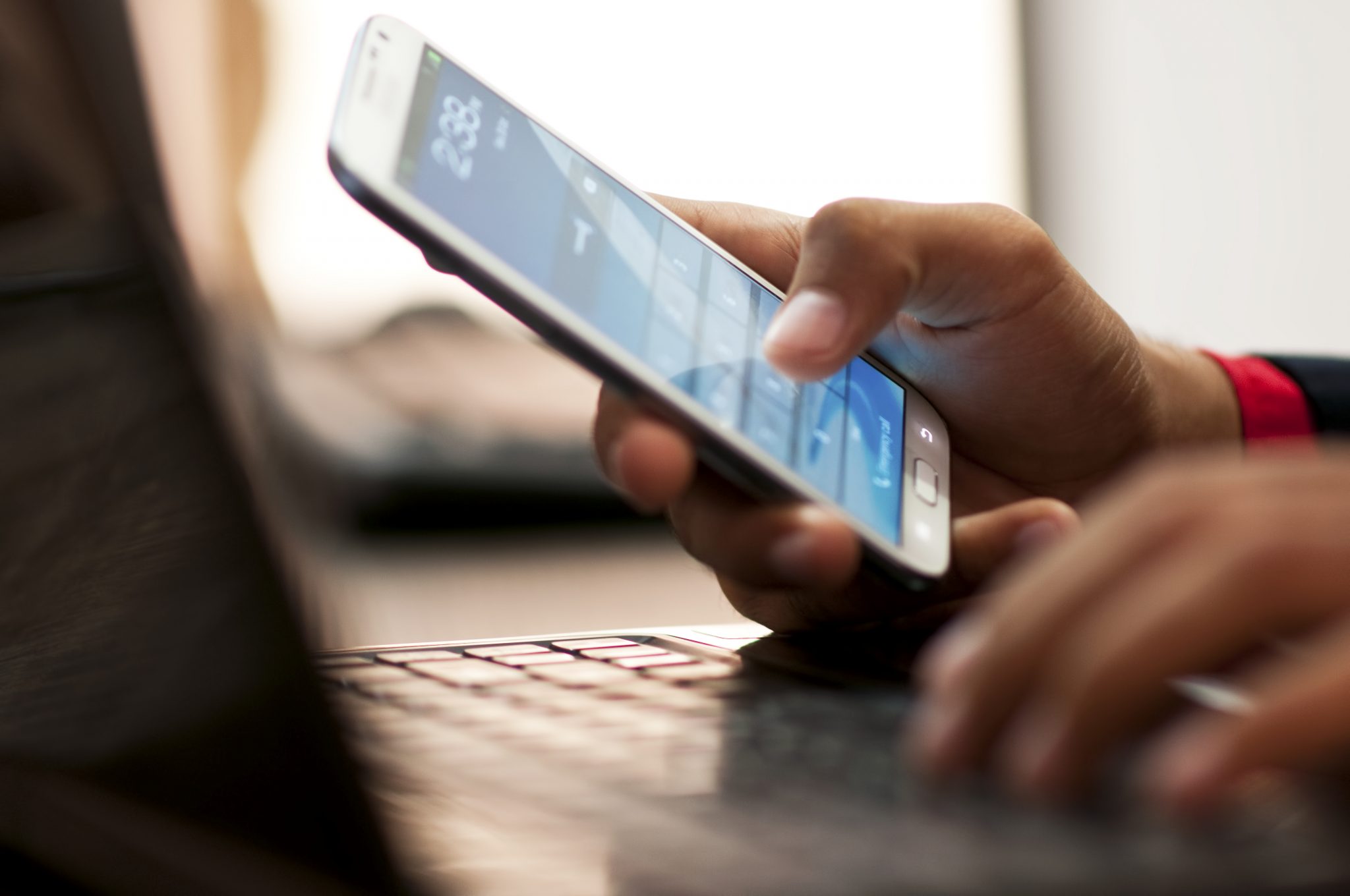
Find out where the future of mobile security is headed.
The future of device security is all about mobile devices. Ensuring the security of these devices is only going to become more and more important as time goes on. Though mobile devices may seem like a personal, employee problem, they are not. Any device on your network is going to pose a threat if it isn’t properly protected. Today we’re going to be talking about some of the ways that you can improve the security on your mobile devices for your company. Let’s take a look.
Mobile security cannot be ignored going forward.
Threats to your mobile devices are only going to become more invasive and aggressive as time goes on. For example, the Pegasus was a very aggressive spyware program that would track calls, steal passwords, and even trace the phone’s location. It was installable on iOS phones. Though it has been patched since August of 2016, threats like this one are only going to continue to appear and attack.
The most important aspect of mobile security is knowledge.
As usual, one of the best ways to counter the attacks of hackers on PC or mobile is to know what to look for. Inform your employees about phishing scams and make sure that they know that attackers may pose as reputable individuals. Anything that comes as a free download offer should always be met with suspicion. Third party app sellers should also be handled with extreme caution, as this is a very popular way to infect a device. To help ease the burden of managing mobile security, you need to make sure that all employees are updating their phones and that they have installed anti-virus software in case of an attack. Finally, you should inform your employees that public Wi-Fi is not a secure environment and that they should always tread with caution while using it.
Securing Your Mobile Device from Cybersecurity Threats: A Comprehensive Guide
Mobile devices are integral to our lives, but they also store a wealth of sensitive information, making them prime targets for cyberattacks. Protecting your device requires a multi-faceted approach that encompasses security software, safe browsing practices, and responsible data management.
1. Robust Security Software
- Antivirus and Anti-Malware: Install reputable antivirus and anti-malware applications on your device. These tools can detect and remove malicious software that could compromise your data.
- Firewall: Consider using a firewall app to monitor and control incoming and outgoing network traffic, adding an extra layer of protection against unauthorized access.
2. Secure Passwords and Biometrics
- Strong Passwords: Use strong, unique passwords for your device’s lock screen and all accounts accessed through your phone. Avoid using easily guessable information like birthdays or pet names.
- Biometric Authentication: Utilize biometric authentication methods like fingerprint scanning or facial recognition for added security.
3. Safe Browsing and App Practices
- Verify App Sources: Only download apps from trusted sources like the official app stores. Be wary of third-party app stores, as they may host malicious software.
- Beware of Phishing: Exercise caution when clicking on links or attachments in emails and messages, especially from unknown senders. Phishing scams often trick users into revealing sensitive information.
- Secure Wi-Fi Connections: Avoid using public Wi-Fi networks for sensitive transactions. If necessary, use a virtual private network (VPN) to encrypt your internet traffic.
4. Regular Updates and Backups
- Software Updates: Keep your operating system and apps updated. Software updates often contain security patches that address vulnerabilities.
- Data Backups: Regularly back up your important data to a secure cloud storage service or an external hard drive. This ensures that you can recover your information in case of a cyberattack or device loss.
5. Additional Precautions
- Remote Wipe: Enable remote wipe functionality, allowing you to erase your device’s data remotely if it’s lost or stolen.
- Device Encryption: Encrypt your device’s storage to make it difficult for unauthorized users to access your data even if they gain physical access to your device.
- Two-Factor Authentication (2FA): Enable 2FA for your accounts whenever possible. This adds an extra layer of security by requiring a code from your phone in addition to your password.
If You Need Strong IT Solutions, Call On Global Harvest Networks!
Global Harvest Networks has been working for the Washington D.C., Maryland, and Virginia areas since 2000 and we’re ready to lend our expertise to you! We offer a wide range of IT solutions that can tackle any and all of your network’s needs. Please don’t hesitate to contact us so that we can help you! You can also give us a call at 410-691-1130. We’re ready to assess your system, diagnose the problem, and help you find a plan that will strengthen your network all free of charge!


